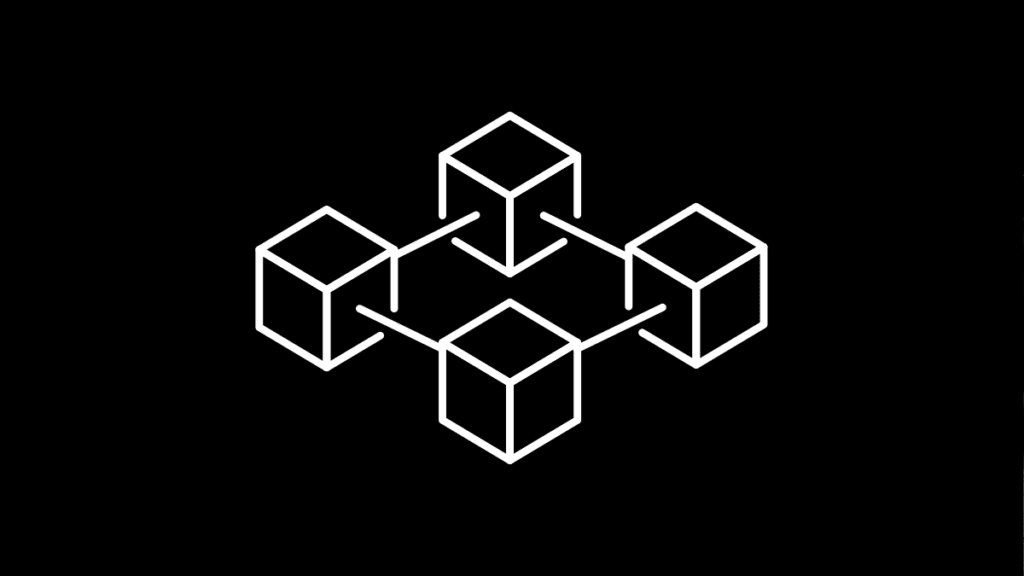
Blockchain technology has revolutionized the internet, enabling digital information to be distributed but not copied – a digital ledger of economic transactions and a fundamental technology behind cryptocurrencies. However, blockchain provides a mechanism to apply a decentralized consensus for a wide variety of other applications. Based on increasing online traffic, it is becoming essential for operators to adopt blockchain technology to support and facilitate our hyper-connected world, driven by 5G and IOT.
Blockchain, security and validity
Blockchain provides the technological capability to securely validate and monetize transactions, which operators can leverage to increase revenue streams. IOT has meant that the diverse channels of transactions call for the adoption and implementation of blockchain as online traffic and transactions continue to rise. According to a GSMA report, ‘The Blockchain protocol manages how new entries are initiated, validated, recorded and shared. Blockchain enforces policies and procedures on handling and recording the information.’
Blockchain applications continue to grow
2019 witnessed a profound rise in the use of blockchain technology and the figures are set to increase in 2020. The telecoms industry forecasts greater use of blockchain by operators in 2020, which will support telcos in the development and implementation of new services. According to reports, Gartner has predicted that banks alone will derive around $1 billion of value from the use of blockchain-based technologies by 2020. This level of exponential growth occurs as networks connect, make more transactions and expand their business models. Blockchain adoption is looking to grow as the acceleration of public/private partnerships become more prevalent.
Telecoms operators in the MENA region
The rising development of infrastructure and customer relationships within the MENA region, means a substantial need for the adoption of blockchain technology. Creating models and diversifying revenue streams will call for greater efficiencies in handling increased levels of data especially in emerging economies. This technology builds trust and enables more efficient transactions and interactions due to its immutability – which no longer requires third-party intermediaries. It merges encryption technology and consensus protocols.
How can the technology support operator services?
Internally, blockchain can streamline telecom operators’ storage of customer identities and facilitate roaming services between multiple operators. Telecoms operators are urged to engage with regulators to ensure a unified, regulatory framework for blockchain adoption. For this to be achieved, telecoms operators should engage with local and international alliances to cultivate and strengthen the blockchain ecosystem. Telecoms operators are in a unique position – as they have the capabilities including, large-scale distribution channels, to utilize the technology and profit from the versatility and transparency of blockchain applications.